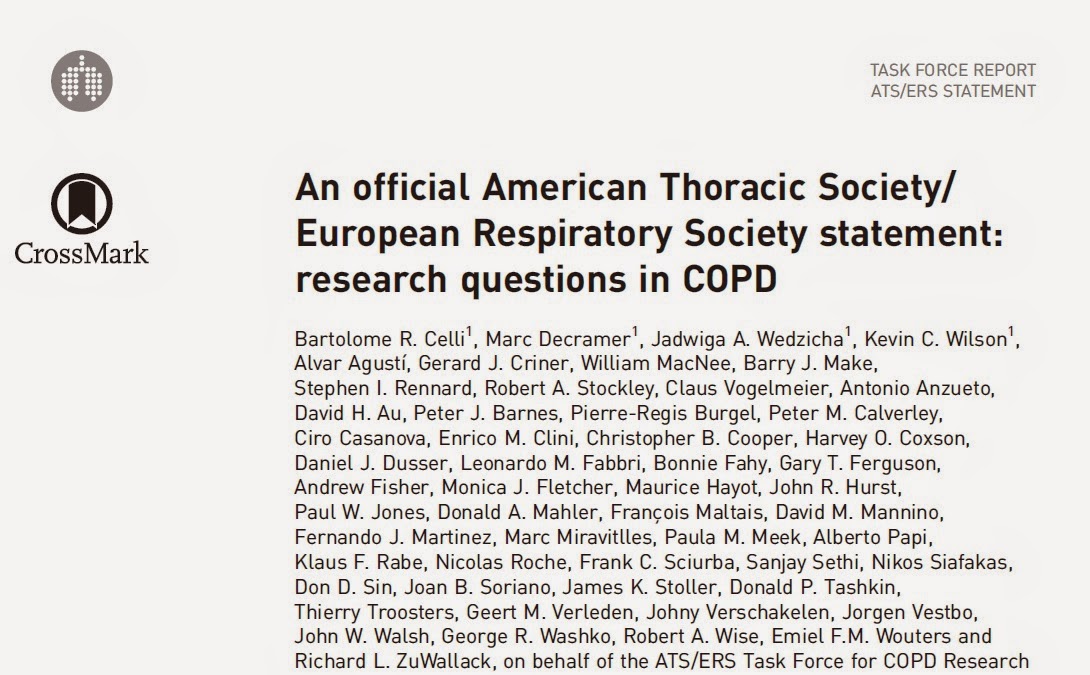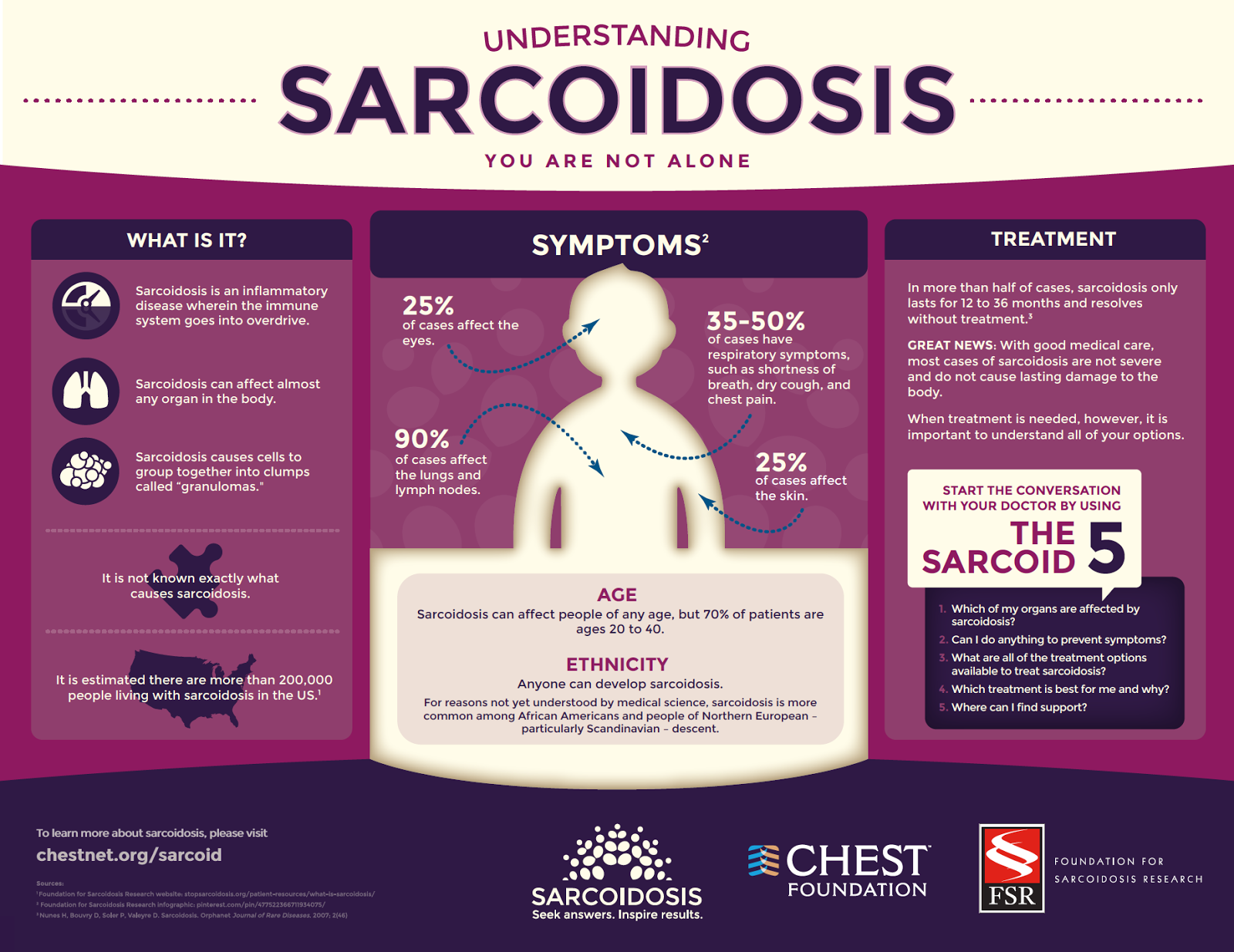The use of high-resolution computed tomography (HRCT) has brought increased diagnostic discrimination to the evaluation of lung disease, particularly fibrosing lung diseases.Once the presence of a predominantly fibrosing lung disease has been established on evaluation of a HRCT, a stepwise approach is proposed that can refine the potential HRCT diagnoses from a list of over 100 different interstitial lung diseases to one of only five fibrosing lung diseases.Within the category of the fibrosing lung diseases, the recognition of idiopathic pulmonary fibrosis (IPF) is key. IPF is the most prevalent idiopathic interstitial pneumonia and has a mortality greater than any of the other diffuse lung diseases. Several diagnostic dilemmas are explored including challenges with the recent IPF diagnosis and management guidelines (2011), as well as with the ‘difficult to characterize’ fibrosing diseases such as smoking-related lung fibrosis, unclassifiable disease and acute exacerbations of fibrosing lung disease.
free dowload:
http://www.readcube.com/articles/10.1111%2Fresp.12531










